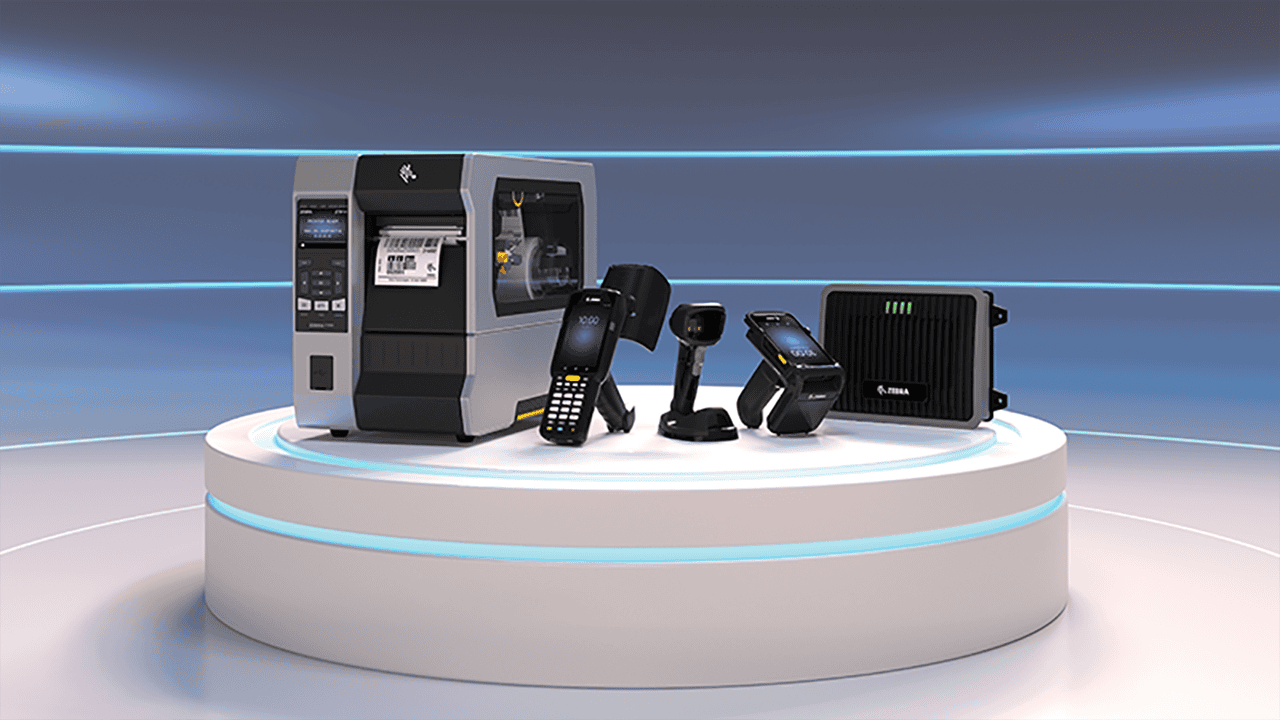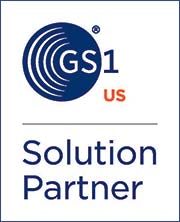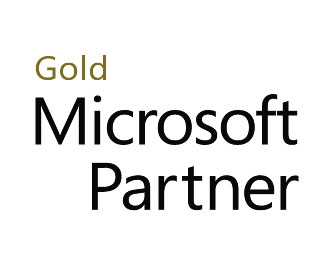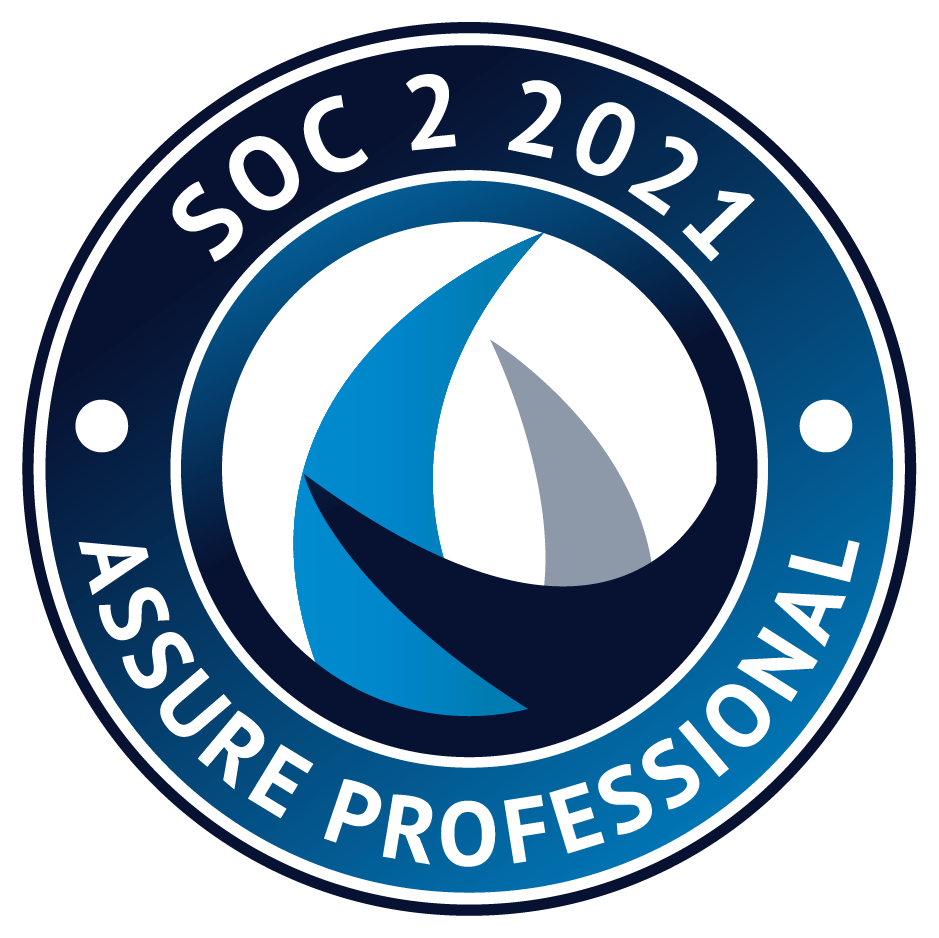Asset visibility is essential in any industry — but when it comes to healthcare and human lives, it’s a critical part of operations that requires the utmost accuracy. It’s not enough to have competent, trained clinicians and staff. To run an efficient healthcare center, you need to know every possible detail about your assets:
- How many do you have, and is that enough?
- Where are they?
- What condition are they in?
What kind of asset visibility do you have? Your healthcare center is only as efficient, up-to-date, and — most importantly — as safe as your equipment. Have you inspected your inventory lately to make sure you’re not compromising your patients’ health and safety with tools that aren’t calibrated or functioning properly?
For example, let’s take a look at hospitals. Hospitals maintain large numbers of assets that range from testing equipment to patient care aids. Many of these assets require periodic inspection to ensure that they are calibrated and functioning correctly. Other assets include items that wear out after a length of time and need to be replaced. Hospitals face a significant challenge in managing these assets and keeping them in proper condition.
The ability to know when an item is due for inspection or calibration is very important. Much of this type of information has been done with a paper and pen in the past. The consequence is that many aging wear items are not taken out of use soon enough. Manual asset management often results in human error and inefficiencies — and there’s no room for that in a healthcare environment.
So what kind of solutions are available to make sure healthcare employees know when items are due for inspections?
Radio frequency identification (RFID) technology, combined with a scalable RFID scanning application software, will allow you to keep proper care of your healthcare equipment by alerting you when items need to be inspected.
Industry-standard UHF RFID technology allows for a large selection of RFID tag choices. RFID tags can be selected based on material construction of the asset, as well as other selection criteria such as desired read distance and environmental factors.
The system is implemented with RFID-enabled mobile computers running an application developed specifically for the process. This allows the screen design to account for different requirements for different needs.
RFID tags are placed on every asset that needs to be tracked, and the software system maintains the department and physical location of each asset. The asset inquiry function enables the operator to scan an asset and immediately identify its inspection status to let the operator know if the asset has been recently inspected, or is due for an inspection. The asset inquiry will notify the operator by means of a change in screen color according to the current status of the item’s inspection, and it will update a last-touched date on the asset record.
The inspection function is used when it is time to do a physical inspection and/or calibration. The current condition of the asset is graded as excellent, good, fair, poor, or retired, and the last physical audit/calibration date is updated on the record. The department and location can also be updated during the inspection process.
The system maintains a backend database that is updated in real time with the department, location, last-touch date, last inspection date, and grade.
RFID use is gaining momentum in healthcare environments for its ability to provide accurate, real-time visibility of assets and patients. As your healthcare operations expand and become more complex, this scalable technology can help you maintain a quality inventory of all your assets — ultimately saving you time and money, and ensuring an accurate record of equipment so that you can offer patients a safe and efficient experience.
Also read – RFID Technology in Healthcare








